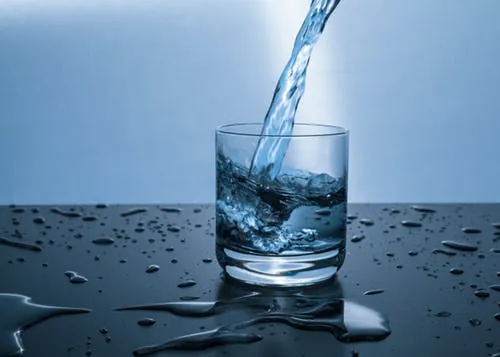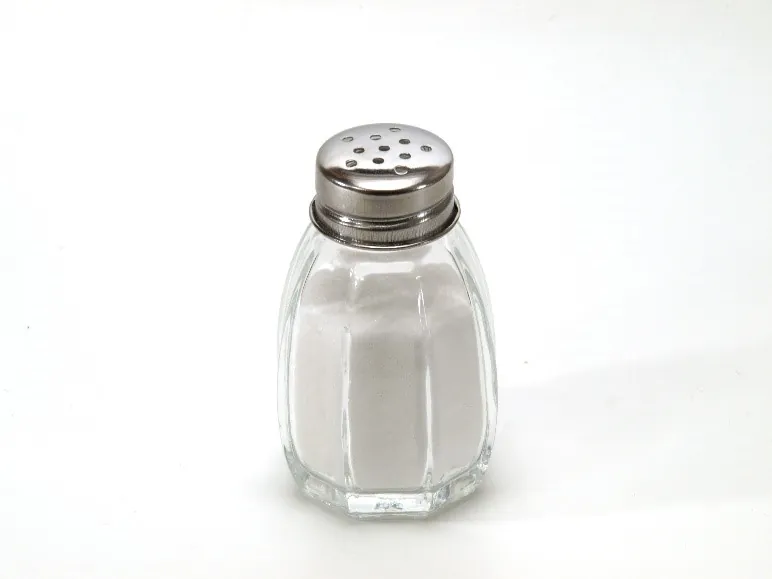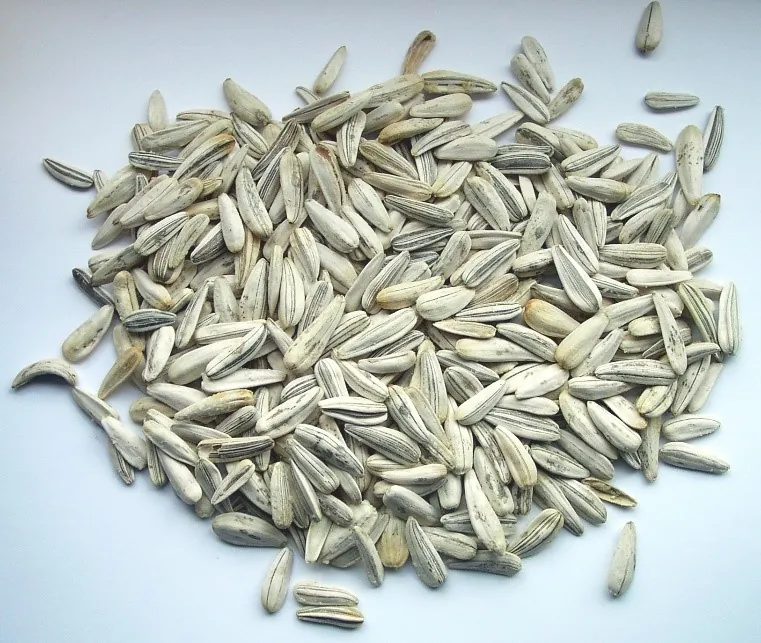Blog
Electrolytes: What and Why?
By Angela Bates a Recent ASU Nutrition Student
We all know electrolytes are important and that they do something for us, but their exact function and importance is little known. More than just what can be found in a bottle of Gatorade, electrolytes keep your cells functioning and the balance is delicate. Knowing what electrolytes are, how they affect the body, and where to get them in your diet is good to know.
Electrolytes are the minerals that have an electric charge. In other words, they can be ionized, which means they can conduct electricity. The electrolytes in our bodies keep the fluid balance within a specific range, move nutrients into cells and waste out of cells, keep the pH (acid-base) levels balanced, and—as anyone who has had a leg cramp after running has found out—they help conduct the electrical impulses in the body’s nerves, muscles (heart included). They keep your muscles contracting and relaxing at the correct rates and even play a role in blood clotting. Without electrolytes, your heart would not beat.

The electrolytes in the body are sodium, potassium, calcium, chloride, bicarbonate, copper, zinc, magnesium, iron, manganese, phosphate, molybdenum, and chromium. The seven most important electrolytes in the human body are sodium, potassium, magnesium, calcium, phosphate, chloride, and bicarbonate. Electrolytes can be found in the blood, tissues, cerebrospinal fluid, and urine and they enter the body through the digestive tract. So, the electrolytes you eat and drink are absorbed when consumed through normal digestion. They are lost mostly through urination, but also through sweating and excretion, which is why excessive sweating, vomiting, and diarrhea can cause a drastic loss in electrolytes.
One thing that makes electrolyte balance so difficult for the body is that an overabundance on of electrolyte can cause severe drops in another. Similarly, a drop in a particular electrolyte can trigger a spike in another. This can have many symptoms, which will be covered later. The body tries to return to balance itself, but sometimes, we need to take in more electrolytes to help. Each individual electrolyte has its own special functions.

Sodium is not the enemy, but it does have to be consumed with care. For instance, a heart patient commonly told that they should avoid salt as much as possible. Sodium naturally occurs in many foods in small amounts, but in packaged or prepared foods, the levels can be astronomical. Sodium is very important, as it regulates the pressure gradient of fluids between cells. It’s fairly common knowledge that excess sodium causes blood pressure to rise, but too little sodium can be fatal as well, by swelling in the brain and red blood cells. Too little sodium can be caused by overconsuming fluids like water, which dilutes electrolytes in the body, or congestive heart failure.
Can a banana prevent cramps after your morning run? Bananas are a well-known source of potassium, which interacts with the same pumps as sodium in the cells. Potassium, along with calcium, helps tell neurons and muscle fibers when to rest or contract. It also plays a large part in the water and acid-base balance of the body. As with all the other electrolytes, too little or too much potassium can be dangerous, though getting too much potassium from food sources is almost unheard of unless there is an underlying medical condition. With too much potassium, the heart will not relax after a short time, which is a critical medical situation that requires emergency care. In some cases, a lack of potassium can result from too much sodium intake, so being careful not to consume a lot of sodium helps keep these levels balanced.

Chloride plays a very important role in maintaining proper hydration. It is also a component of stomach acid and keeps the electric charge of the fluids in the body neutral. Chloride ions are secreted and reabsorbed with sodium ions. High levels can occur with dehydration and can be seen in individuals who swallow sea water. Bicarbonate is formed from carbon dioxide and water and keeps the acid-base balance of the systems balanced. Phosphate is an important component of bones and cell membranes, among other things. Bones and teeth bind about 85 percent of phosphate in the body. Frequent use of antacids can lower phosphate greatly. The body also requires vitamin D to absorb phosphorus, so receiving enough sunlight is important for the balance.

Two extremely important electrolytes which compete for absorption if consumed together are magnesium and calcium. Strangely enough, an abundance of magnesium taken in with calcium with cause the magnesium to absorb more actively, while higher amounts of calcium will cause both magnesium and calcium to absorb poorly. According to a study in Shanghai, China, the ratio of calcium to magnesium in the body may be more important in disease and mortality than calcium levels alone, suggesting that both are important in specific amounts for the body.
Calcium provides bone hardness, where excess calcium is stored for use when it is needed in the blood. Calcium ions assist with muscle contraction and blood clotting, as well as the release of hormones and neurotransmitters. It is absorbed with the help of vitamin D, meaning a vitamin D deficiency can lead to a calcium deficiency, so both are important to prevent osteoporosis. Calcium supplements are being studied to prove or disprove a link between calcium supplementation and heart disease or stroke. Many experts feel there are too many factors at play, but recommend getting calcium from foods unless directed by your doctor.
According to the National Library of Medicine, magnesium is required for over 300 biochemical reactions in the human body. It helps in energy production, protein use, glucose levels, bone strength, immunity, nerve function, and heartbeat regulation. Researchers have been studying magnesium possibly treating and preventing several diseases and disorders like heart disease and diabetes. If you have a high intake of calcium, protein, and vitamin D, you may need extra magnesium to restore levels. Levels can be an issue in those with diabetes, intestinal disorders, and the elderly.
So now we know what electrolytes are and why they are all necessary for the body. What are some of the signs you may have an imbalance? The signs and symptoms are different depending on which electrolytes are high or low, but some common symptoms include:
- Irregular heartbeat or palpitations
- Muscle cramps and weakness
- Confusion
- Dizziness
- Numbness
- Fatigue
Causes of electrolyte imbalance can include:
- Dehydration
- Overhydration
- Diuretic use
- Certain medications (such as proton pump inhibitors, antacids, and chemotherapy drugs)
- Gastrointestinal issues such as vomiting and diarrhea
- Sweating or frequent urination
Whatever the cause, an electrolyte imbalance can be a medical emergency, so seek medical attention if there is a possibility of one. To prevent imbalance, staying hydrated without overdoing the water drinking (yes, it’s possible and dangerous) and eating food sources of electrolytes can normally allow the body to stay in balance. Here are some sources of electrolytes (minus sodium, of which most Americans get enough):
- Calcium: dairy products, fish, meat, eggs, dark leafy greens, beans, and fortified bread and cereals
- Potassium: oranges and orange juice, grapes and raisins, prunes, yogurt, spinach, bananas, sweet potatoes, avocados, melons, tomatoes, and beans
- Magnesium: leafy greens, nuts and seeds, beans, lentils, whole grains, dairy, beets, bananas, and pineapple
- Chloride: celery, seaweed, tomatoes, olives
For more articles check out our fill your plate blog. Looking for some fun recipes to make at home? Check out our recipe page.
















